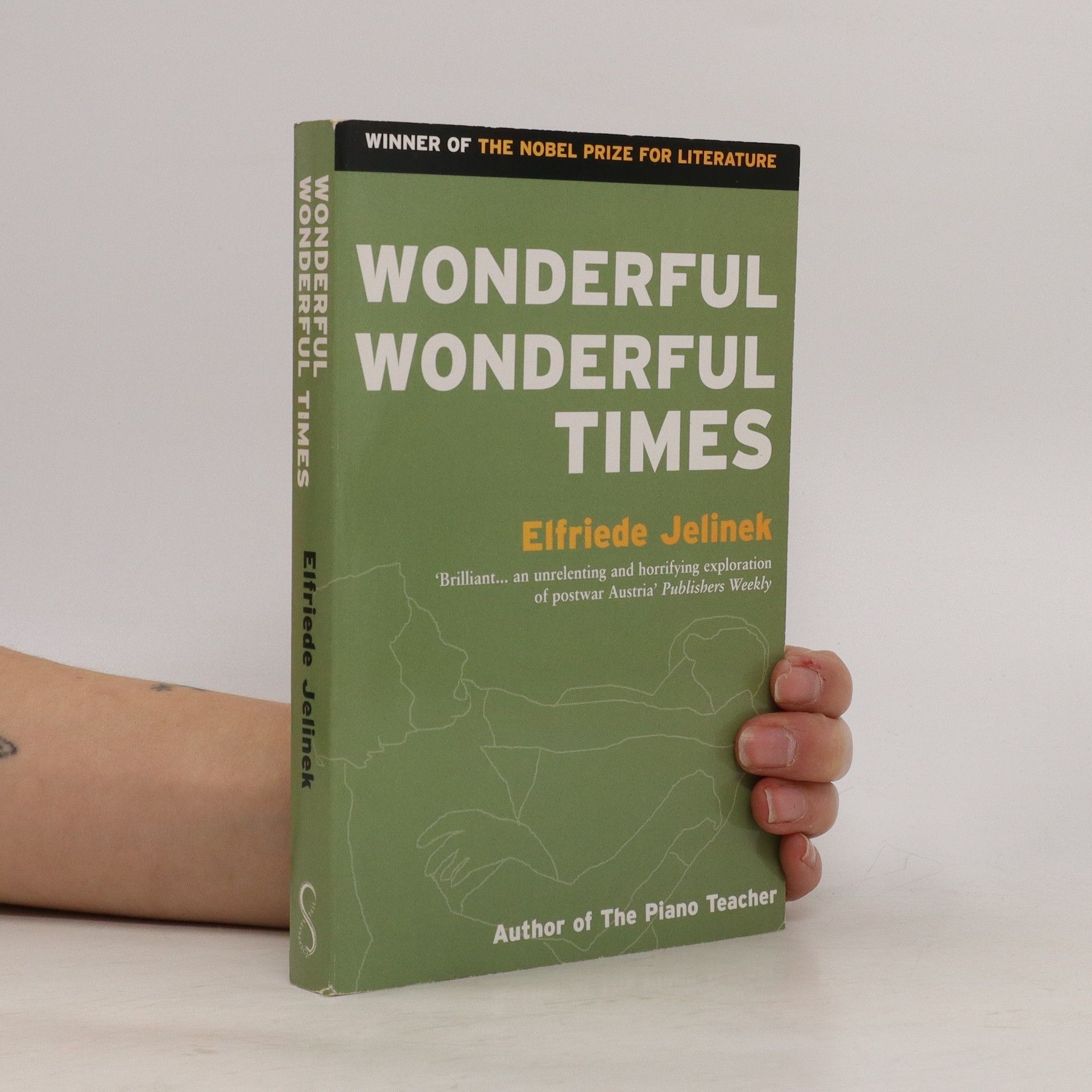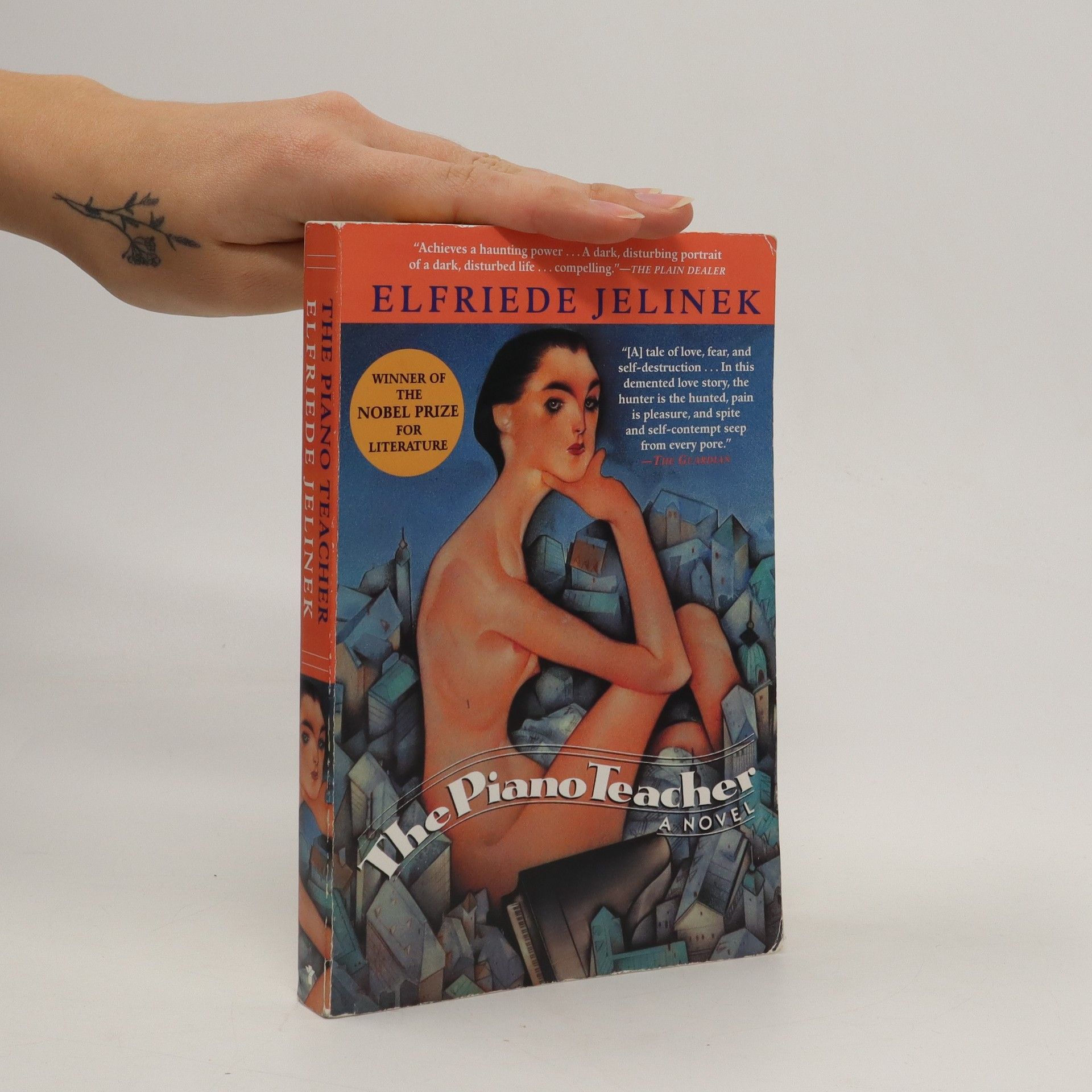Hans Bellmer - Louise Bourgeois
- 154 pages
- 6 hours of reading
Körper verformen sich und verschmelzen, während männliche und weibliche Geschlechtsformen miteinander interagieren. Die Werke von Louise Bourgeois und Hans Bellmer zeigen bemerkenswerte Parallelen, obwohl sich die beiden Künstler nie begegneten. Bourgeois, die bis 1938 in Paris lebte, entlarvt in ihren Arbeiten das konventionelle Verständnis von sexueller Identität und reflektiert den surrealistischen Blick auf die Frau. Sie adaptiert Methoden wie Fragmentierung und Metamorphose für ihre eigenen Strategien. Bellmer, der 1938 aus Berlin nach Paris kam, schuf mit seiner Puppe das Idealbild der Frau, in dem sich Wünsche, Phantasien und verdrängte Ängste spiegeln. Er zerlegt und setzt die Glieder neu zusammen, wodurch die Puppe sowohl weiblich als auch männlich sein kann. Diese Doppeldeutigkeit zieht sich durch seine Zeichnungen. Die Publikation bringt die Arbeiten von Bourgeois und Bellmer erstmals in einen Dialog, geprägt von den Perspektiven beider Künstler und ihren persönlichen Obsessionen. Zudem setzen eine Kunsthistorikerin und ein Kunsthistoriker die beiden Positionen kunstwissenschaftlich in Beziehung. Darüber hinaus treten Elfriede Jelinek mit einem unveröffentlichten Text und Henry Miller mit Auszügen aus "Sexus" literarisch gegeneinander an, was ein spannendes Lesevergnügen verspricht.




